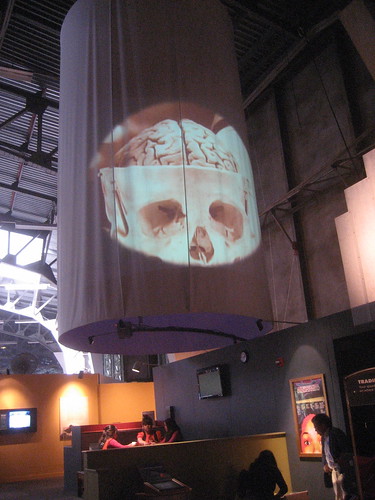This is very interesting: a team at the University of Minnesota led by Bin He, a professor of biomedical engineering, has conducted a study measuring the ability of people who have practice “Mind-Body Awareness Training” (that’s meditation or yoga to you and me) to learn how to use brain computer interfaces— technologies where you do things like move a mouse across a screen using brain waves.
Years ago, He was conducting BCI research and noticed “one woman participant” who practiced meditation and yoga, and “was much more successful than other participants at controlling the computer with her brain.” This study measures whether there’s a systematic, measurable difference in BCI learning and control ability between a group of 12 people who’ve meditated or done yoga regularly for at least a year, and 24 people who have not.

Tanaka School, Imperial College
So what did they find?
The participants were asked to move a computer cursor across the screen by imaging left or right hand movements.
The participants with yoga or meditation experience were twice as likely to complete the brain-computer interface task by the end of 30 trials and learned three times faster than their counterparts for the left-right cursor movement experiments.
As He puts it,
In recent years, there has been a lot of attention on improving the computer side of the brain-computer interface but very little attention to the brain side. This comprehensive study shows for the first time that looking closer at the brain side may provide a valuable tool for reducing obstacles for brain-computer interface success in early stages.
To me this isn’t a particularly surprising result, and it’s a nice little anticipation of how our present, which so often puts computers and attention at odds, may be an historical anomaly. In a world in which we’re controlling devices with our brains, concentration becomes essential: introducing distractions becomes a lot tricker and fraught, and it may also become harder to divert a user’s attention.

Book sale, St. Andrew the Great Church, Cambridge
Instead of being a skill to deal with the problems created by poorly-design technologies or weapons of mass distraction, contemplative practices could be important as tools to enable better use of tomorrow’s technologies.
